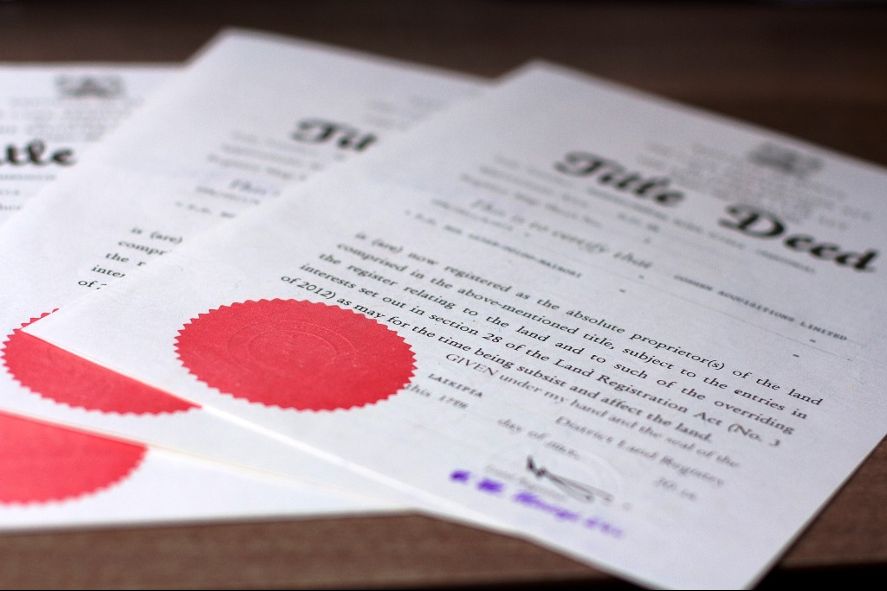In Kenya, owning land is a dream for many, and to make that dream a reality, having the right title deed is essential. Whether you’re purchasing land for investment, residential, or commercial use, a title deed proves that the land is legally yours. But did you know there are different types of title deeds in Kenya, and each has its own unique benefits and implications?
Understanding title deeds in Kenya is crucial to navigating the property ownership process and ensuring that your land is secure. In this guide, we'll break down the key types of title deeds in Kenya, explain their differences, and help you make an informed decision when purchasing land.
1. Absolute Title Deeds (Freehold Title Deeds)
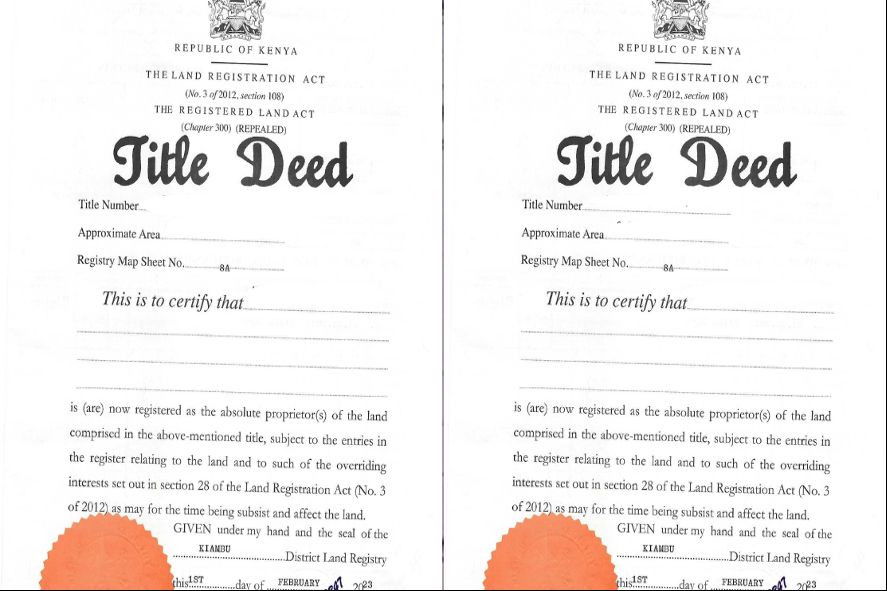
An Absolute Title Deed, also known as a freehold title deed, gives the owner full ownership and rights to the land. This means you have unrestricted control over your land without any set time limit or conditions.
Key Advantages:
Full ownership: You have the right to use, sell, or transfer the land without restrictions.
Highest security: Absolute title deeds offer the most security and are less likely to face disputes.
Financial Benefits: You can use the land as collateral to secure loans, making it a valuable asset.
Freehold title deeds are often the most sought-after by property buyers because they offer peace of mind and the highest market value.
2. Sectional Title Deeds
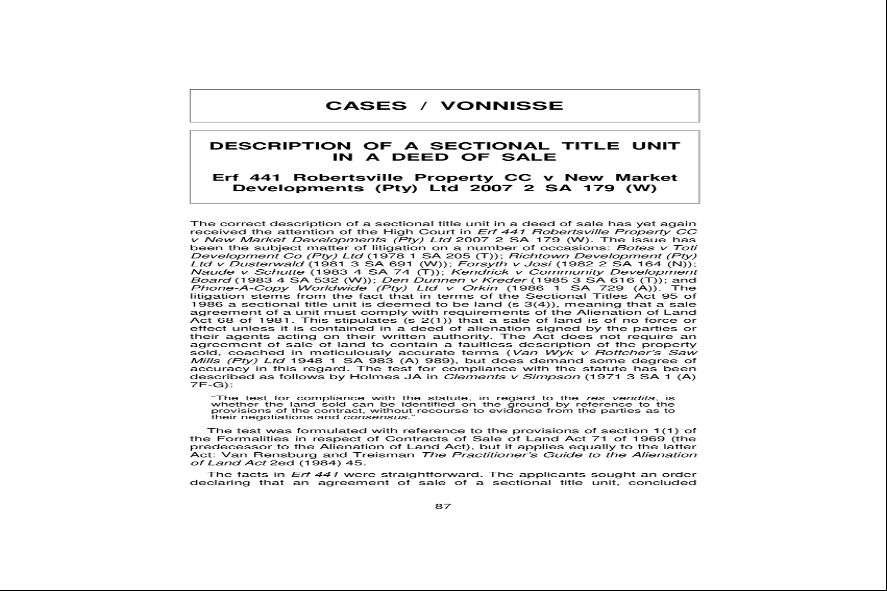
A sectional title deed is commonly given to owners of individual units within a larger property, like townhouses, apartments, or gated communities. It means you own your unit but share the responsibility for common areas such as corridors, gardens, and parking spaces.
Key Points:
You own the individual unit, but not the land it sits on.
Common areas are shared and maintained collectively.
You have the responsibility of maintaining your unit, while the management handles shared areas.
This type of deed is common for people looking to own a home in a gated community or an apartment complex. It is governed under the Registered Land Act, Cap 300, and includes specific rules for communal living.
3. Certificate of Lease (Leasehold Title Deeds)
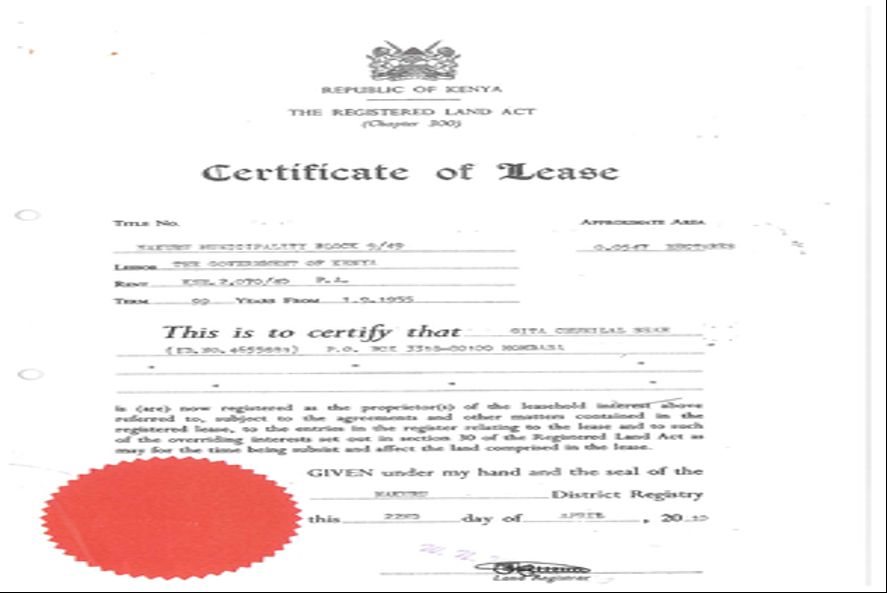
The Certificate of Lease, also referred to as leasehold title deeds, grants a person the right to occupy the land for a specified period, typically 0-99 years. This agreement is between the landowner (often the government) and the occupant (lessee).
Key Characteristics:
The lease period is fixed, and once it expires, ownership reverts back to the government or landowner.
You must pay annual rent to the government or the landowner.
Leasehold properties are common for commercial properties or rental buildings.
If you're looking to rent or lease commercial or residential properties, understanding the leasehold property rights is vital. The lease can often be renewed, but be sure to check the terms and conditions outlined in your agreement.
4. Indenture Title Deeds
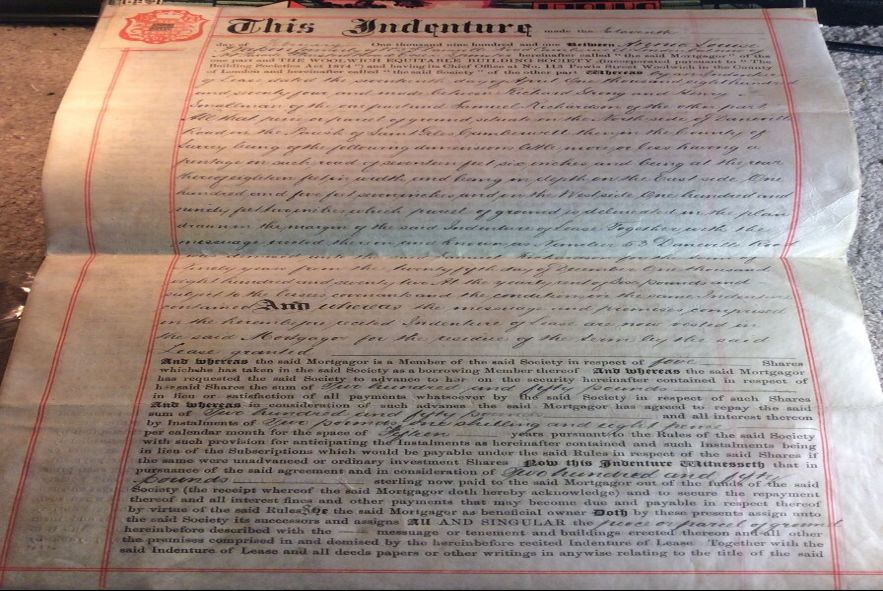
An Indenture Title Deed was a land tenure system used under the Government Land Act, Cap 280, but has since been revoked. This type of deed is no longer applicable in Kenya, as it was replaced with other more modern title deed systems.
5. Grant Title Deeds
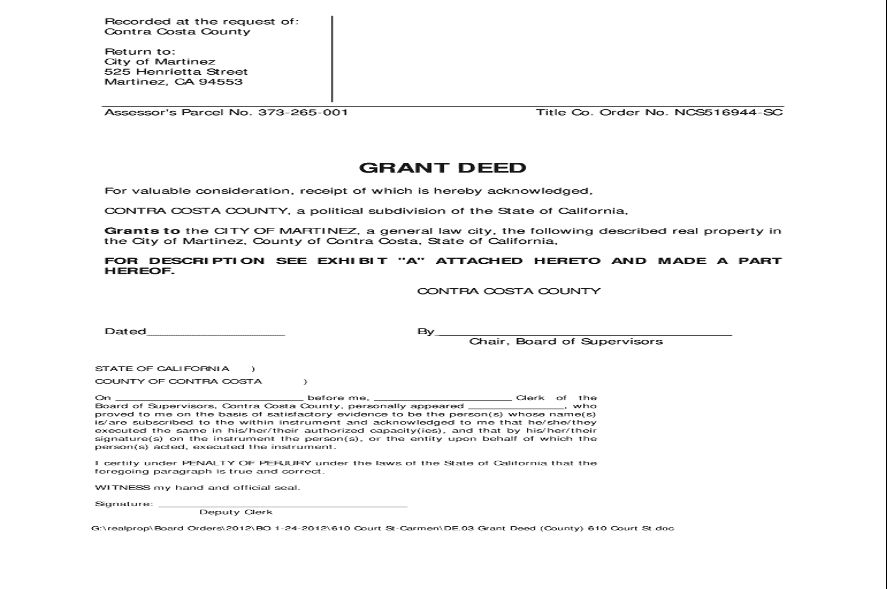
The Grant Title Deed was once issued under the Government Land Act, Cap 281 and the Trust Land Act, Cap 288. It is also no longer in use today, but it historically granted ownership to those with land titles issued by local authorities, such as county councils.
Why Understanding Title Deeds in Kenya is Crucial
Knowing the type of title deed attached to your property is vital for safeguarding your land ownership. Whether you're buying, selling, or leasing land, ensure that the title deed is authentic, and the owner has the legal right to transfer ownership.
Key Takeaways:
Absolute Title Deeds (Freehold) offer the most freedom and security for landowners.
Sectional Title Deeds are common for owners of apartments or units within a larger development.
Leasehold Title Deeds provide long-term land use but require annual rent payments and have expiration dates.
Before making a property investment, always ensure that you conduct due diligence on the title deed and seek expert legal advice if needed.
